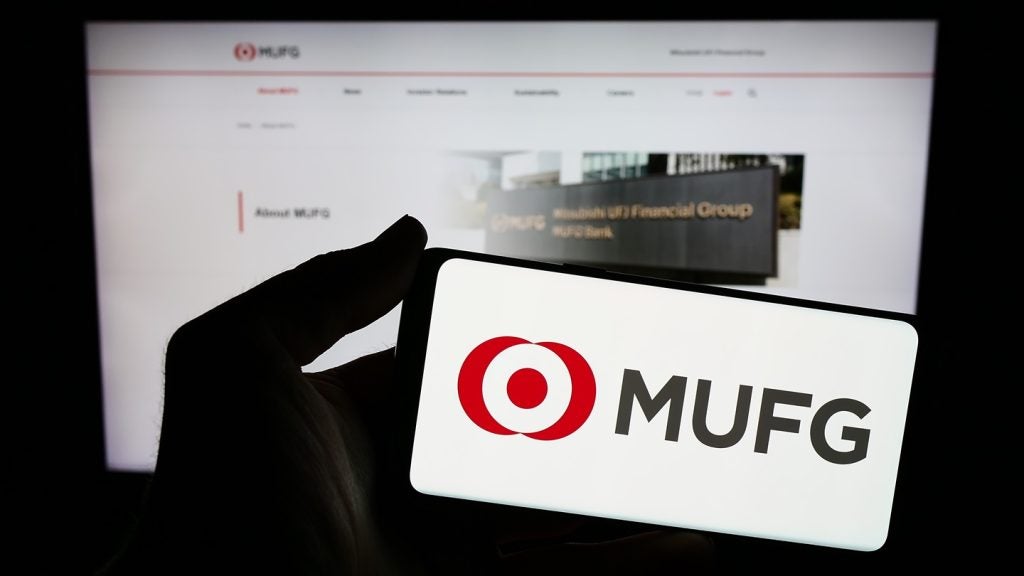Switzerland’s decision to ease its banking secrecy rules is
unlikely to placate its international counterparts for long, with
more political pressure on the country expected, particularly in
the US. But the head of the Swiss Private Bankers Association says
the country is used to being in the firing line.
 The Swiss financial system is
The Swiss financial system is
unlikely to ever be free from outside political pressure on banking
secrecy and taxes, according to the head of the Swiss Private
Bankers Association.
Michel Dérobert, secretary general of the association, said he
cannot see a political endgame that did not involve Switzerland
caving in completely to outside demands – something he believes the
country will not do, despite the recent relaxation of bank secrecy
rules.
“I don’t think we will ever reach that point,” said Dérobert,
who has worked at the association representing Switzerland’s most
elite private banks for 19 years.
“Maybe when we promise the big players in the world economy we
will implement all of their rules in the country and do exactly
what they want, then they will be happy. But we will never do that
– no self-respecting country would.”
Dérobert says there has been little change in this stand-off
during his near two decade tenure at the Swiss Private Bankers
Association (SPBA). While campaigns from the EU and US against tax
evasion and banking secrecy have gathered steam recently,
Switzerland has faced pressure on its status as the world’s largest
offshore centre for the last 20 years and beyond.
How well do you really know your competitors?
Access the most comprehensive Company Profiles on the market, powered by GlobalData. Save hours of research. Gain competitive edge.

Thank you!
Your download email will arrive shortly
Not ready to buy yet? Download a free sample
We are confident about the unique quality of our Company Profiles. However, we want you to make the most beneficial decision for your business, so we offer a free sample that you can download by submitting the below form
By GlobalDataBut the combination of the usual political wrangling with an
international financial crisis has posed new challenges.
“We have had a very good period for private banking in recent
years and that’s coming to an end,” Dérobert said. “We are in an
unprecedented financial crisis not just for private banks but also
the rest of the industry.”
The general financial malaise has so far been felt less
painfully by the type of organisation the SPBA represents. Its 14
members are unlimited liability partnerships, which also tend to be
small and specialised private banking entities.
Dérobert warned a year ago (see PBI 236) that Swiss
bankers, the term for traditional Swiss unlimited liability
businesses, faced reputational damage from the business and
political problems being endured by UBS, most notably in the US.
But he now believes the associations’ members have benefitted from
a shift to structures where client and bank incentives are better
aligned.
“They have probably – and I think this is a sad point – they
have benefitted from the problems of UBS because the concept of
unlimited liability and long term planning is being viewed as more
attractive, and people are becoming more aware of the conflict of
interests which are being exposed at the larger players,” he
said.
“We thought we were behind, but now we have realised we were in
advance of the industry in this way – the concept of private
bankers is becoming extremely modern. There are no issues with
salary bonuses and that kind of thing – private bankers take the
benefits but they also bear the brunt of the responsibility for
what happens too.”
Dérobert said a classic example was the model pursued by E
Gutzwiller & Cie.
“They have four partners. They share the same nice but not
particularly fancy office with four desks, one placed after the
other,” said Dérobert.
“You can imagine these partners are talking to each other all
day; they know what is going on in the business and what issues
each of their colleagues are dealing with. You look at this kind of
set-up, and it is something you might have seen in the 19th
century, but they have perfect governance. It is like they are in a
permanent departmental meeting.”
REGULATION
‘Time for US and EU to hold
up a mirror’
The US and the EU were accused of
making Switzerland “a scapegoat for their own mistakes” in a
scathing attack by Swiss Bankers Association president Dr Konrad
Hummler.
Hummler, a managing partner at St Gallen-based
private bank Wegelin & Co, claimed economies in the US and EU
were floundering and as a result they were attacking Switzerland on
its tax rules and banking secrecy in an attempt to distract from
their own problems. PBI has selected some of the comments from his
extraordinary statement.
• “The very parties perpetuating the
myth of Switzerland as a hub of evil financial dealings are
tight-lipped about their own trusts on the British Channel Islands
and in the Caribbean. The US would do well to drain financial
swamps in its own backyard [Delaware and Florida] before embarking
on crusades against Switzerland.”
• “Does it not strike people as odd
that the otherwise so aggressive American justice system is
pussyfooting around the Madoff case? They have thus far managed to
locate just a measly fraction of the $50 billion that have been
‘lost’ and have not even bothered to go after former beneficiaries
of these vast sums.”
• “Participants of the G20 summit,
from which Switzerland has been excluded, might consider clarifying
the role of Italian Prime Minister Silvio Berlusconi, for example.
Or perhaps comment on payment arrangements in Germany’s black
market or the deployment of cocaine-tainted funds in the US?”







